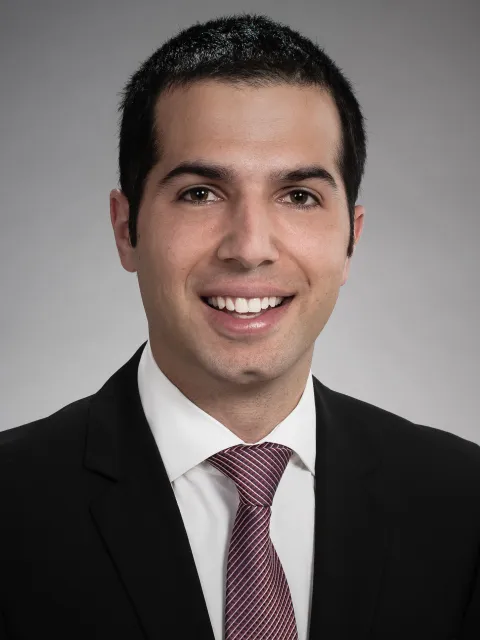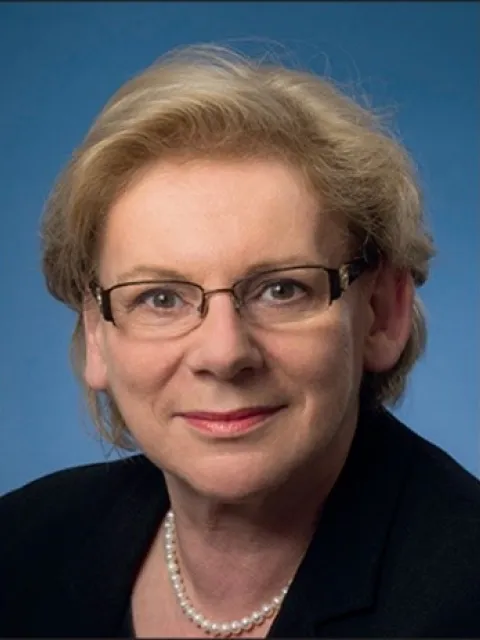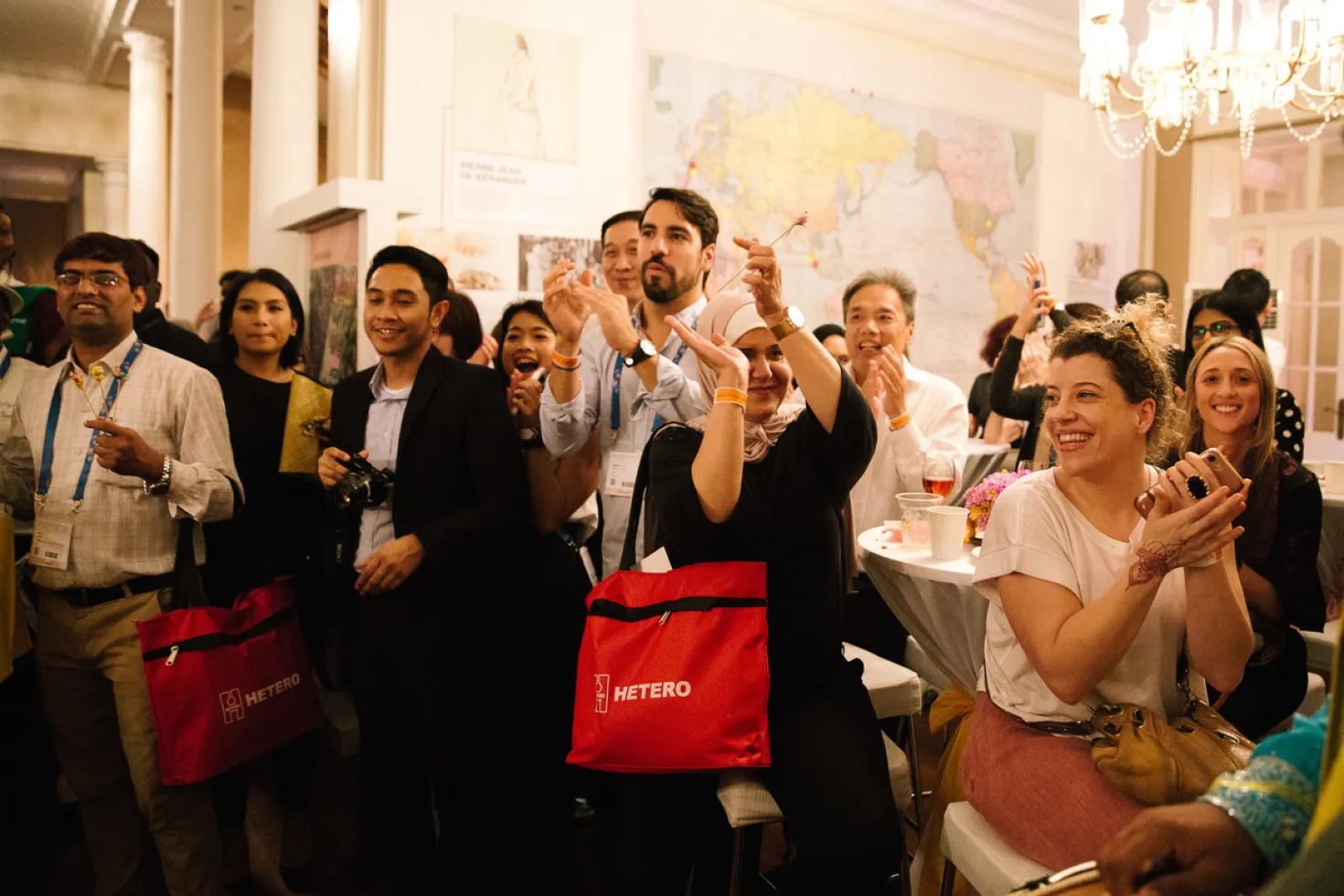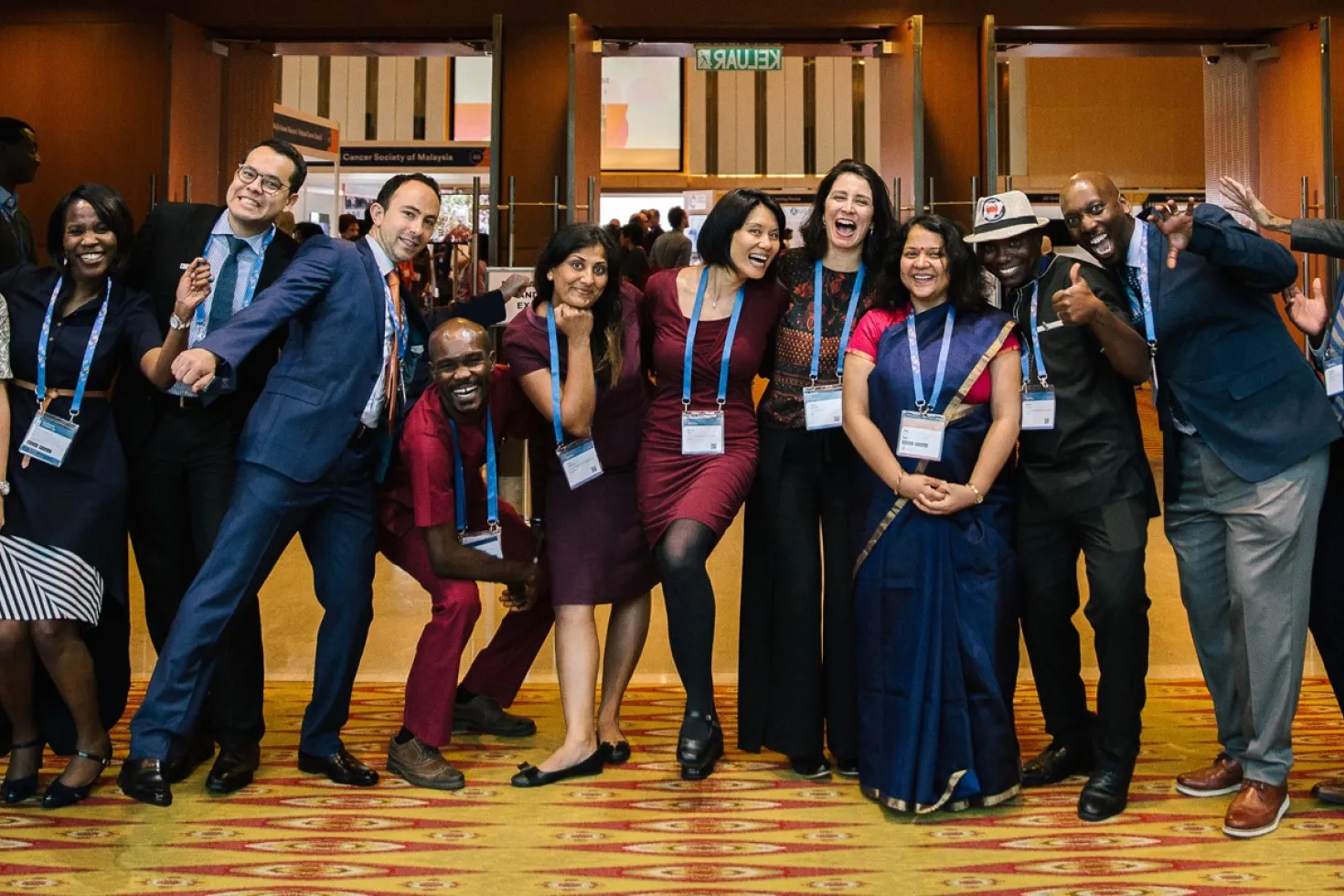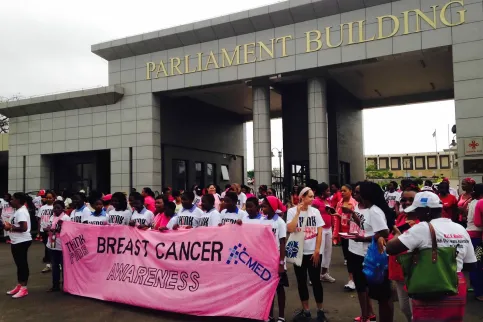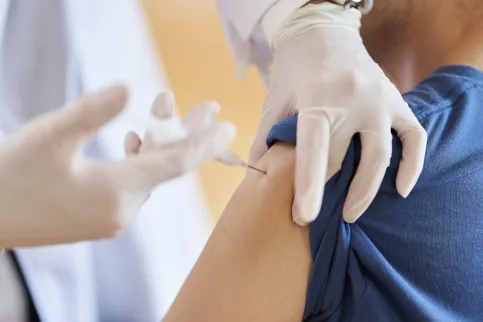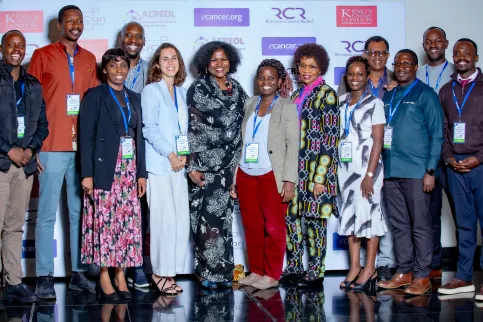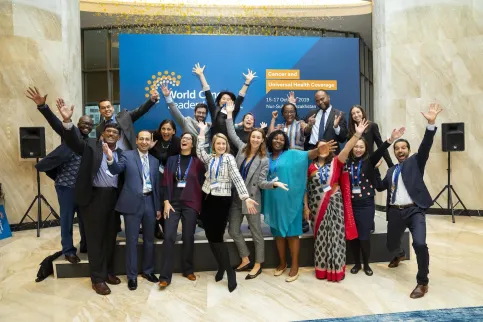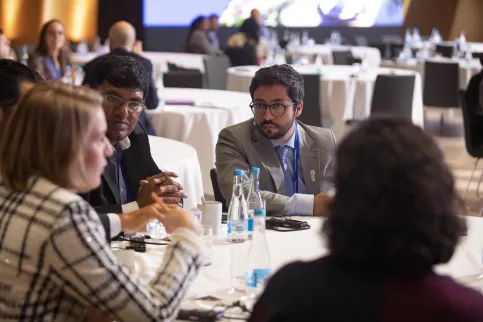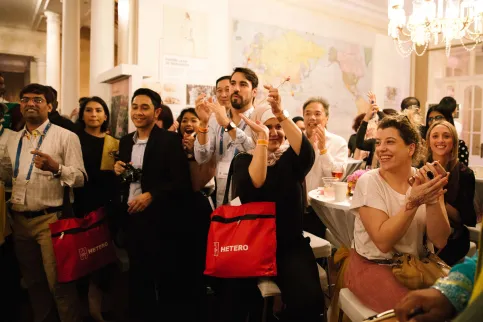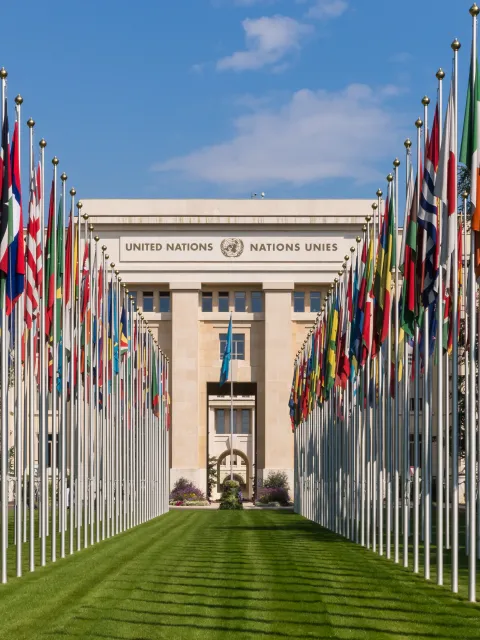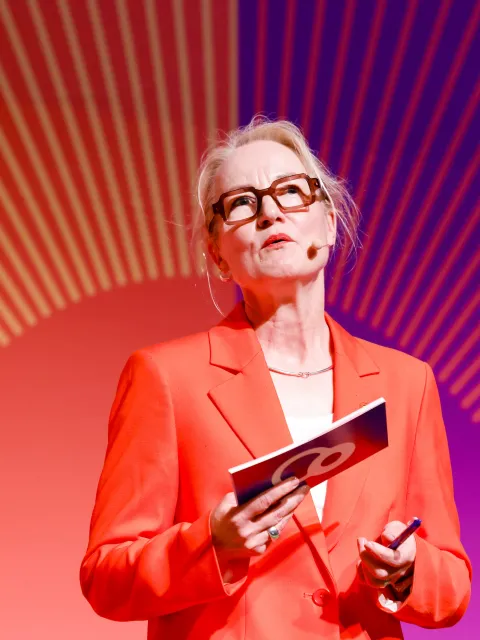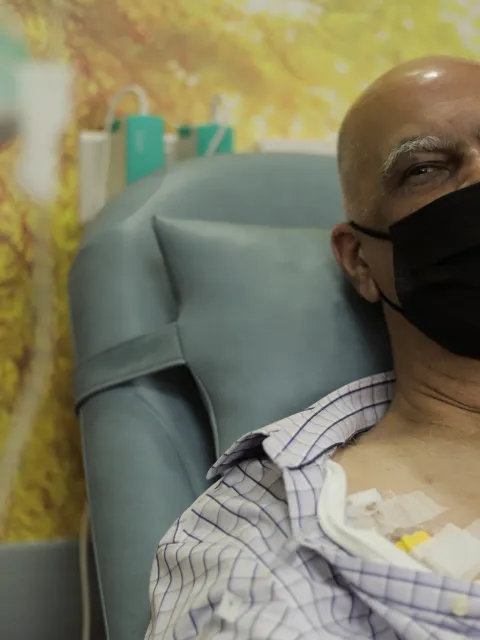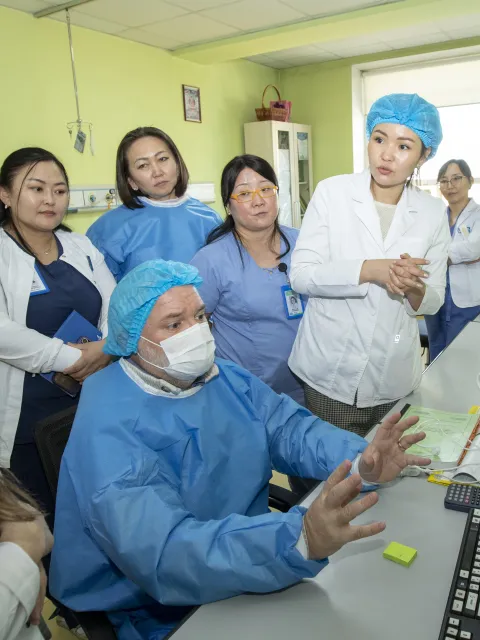Young Leaders programme
Since 2013, the Young Leaders programme has been supporting emerging cancer control professionals to become successful leaders in cancer control and the wider global health community.
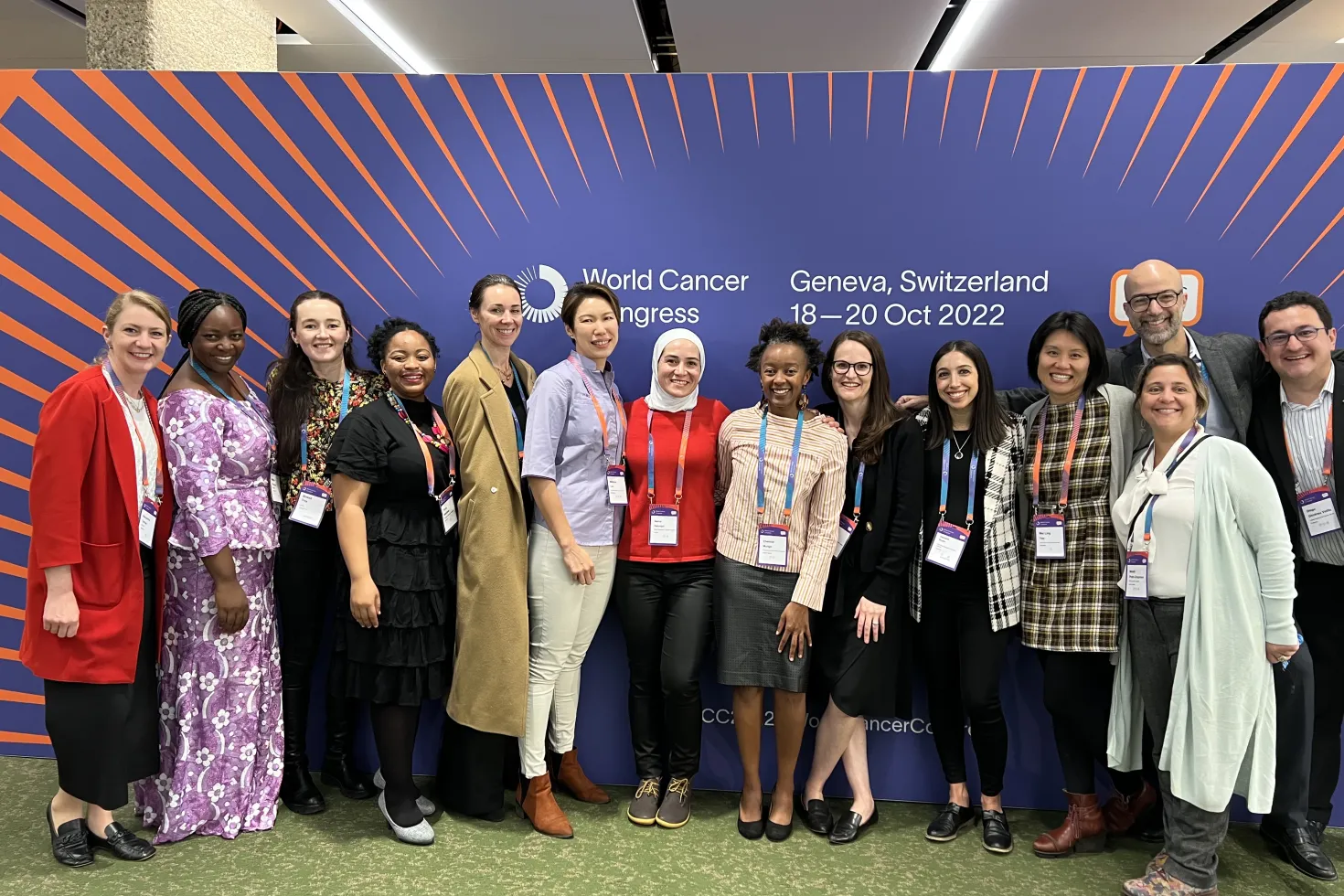
The Young Leaders programme is evolving
After over a decade of supporting new generations of cancer professionals to influence change in cancer control, as of 2025 the UICC’s Young Leaders programme is pausing recruitment of its global cohorts, as it reimagines different possibilities to pursue its underlying vision: to amplify under-represented voices and nurture a diverse global leadership pipeline in the cancer space.
Since its launch in 2013, the programme has nurtured 65 emerging professionals across 40 countries to raise their profiles, facilitate connections and improve their skills and abilities in driving systemic change for cancer control. Many Alumni of the programme have gone on to assume high profile roles in leading international organisations, national Ministries of Health, major academic institutes and cancer centres, advancing cancer care and control globally and nationally.
Moving forward, UICC will continue to work with its Young Leaders Alumni community, as well as through its global networks, to ensure individuals from all backgrounds and with different expertise are able to access and equipped to inform global discussions on key themes and priorities. In addition, through a more targeted approach, UICC will be focusing its efforts on supporting champions and strengthening leadership in select areas of focus, helping to drive impact on pressing global cancer control issues.
What does this mean for 2025?
UICC will not be opening a new call for a global cohort of Young Leaders. Efforts will be concentrated instead into identifying local champions working on specific priority areas and aligning support with key events and discussions in the global cancer control agenda, outside the limitations of the previous 12-month programme model.
Given the unique opportunity to eliminate cervical cancer, the current momentum, and the need for strong leadership across all segments of the community to drive forward this agenda, 2025 will see a priority focus in this area.
What does this mean for aspiring Young Leaders?
As it transitions out of a dedicated global call for applications and a 12-month programme model, UICC will aim to identify champions working on priority themes through direct engagement with its existing networks (including the Young Leaders Alumni), referrals and nominations from trusted experts and leaders in their respective fields.
UICC will consider the following aspects to help inform its decisions to support specific individuals in driving change on key priority areas:
-
Leadership and change potential - the individual has the potential to bring about system-level change, whether by disrupting inequities, changing behaviours, mobilising communities, improving policies and services, or contributing to their transformational scale-up. The impact of their work, while locally-rooted, should expand beyond the community level, to a national, regional or global scope.
-
Impact record - the individual has a relevant track record of impact in cancer control in their context, demonstrates resilience and a learning orientation in responding to challenges and set-backs.
-
Inflection point - this is a favourable moment to act on this particular issue with this particular individual, as there is momentum to shift the issue, or to scale the individual’s impact.
-
Proximity and equity - the individual works in proximity to those most affected by the issue, or brings the voice and perspectives of those who are under-represented in global fora.
-
UICC’s added value - the individual is poised to uniquely benefit from the opportunities to engage with the UICC networks in order to bring about their vision for change.
If you know of an exceptional individual that fits the above criteria, please contact us. Please note, UICC will only be able to follow up on individuals who are aligned with the criteria outlined above, and whose work relates to priority areas of focus, e.g. cervical cancer in 2025.
